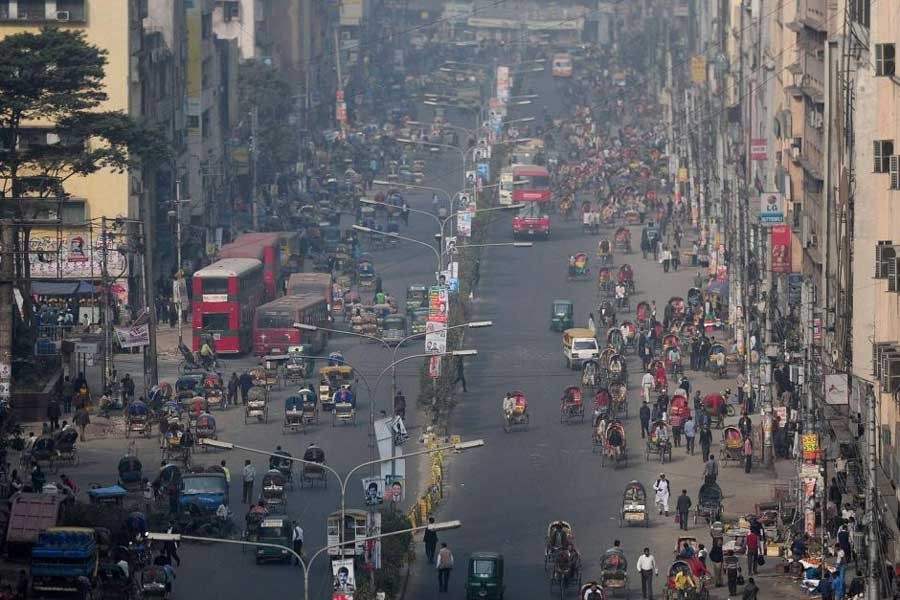Bangladesh loses about $6.5 billion due to pollution and environmental degradation in urban areas every year, according to a World Bank report.
This amount is equivalent to 3.4 per cent of the country’s 2015 Gross Domestic Product (GDP), said the report titled Enhancing Opportunities for Clean and Resilient Growth in Urban Bangladesh: Country Environmental Analysis 2018, which was released on Sunday.
The report said pollution has reached an alarming level. In 2015, it caused about 80,000 deaths in cities. Twenty eight per cent of all deaths were from diseases caused by pollution across the country, compared to a 16 per cent global average.
In the last 40 years, Dhaka lost about 75 per cent of its wetlands. Pollution and environmental degradation, including wetland encroachment and unregulated disposal of hazardous wastes, especially harm women, children and the poor. Nearly one million people in Bangladesh, mostly poor, are at risk of lead contamination.
The report suggested that Bangladesh should act now to tackle environmental degradation and pollution, especially in its cities to achieve upper-middle income status.
The study was carried out in three cities, both big and small, -- Dhaka, Coxsbazar and Pabna.
WB acting country director for Bangladesh Rajashree Paralkar said that Bangladesh has been paying a high price due to environmental degradation and pollution. The mortality rate from diseases caused by pollution is the highest in South Asia, she added.
The report focuses on three areas -- cost of environmental degradation, clean and resilient cities, and institutions for clean industrial growth. It suggested that the country requires effective policies, a sound legal framework and stronger institutions at national and local level.
Environment Minister Anisul Islam Mahmud launched the report as the chief guest at a city hotel.


